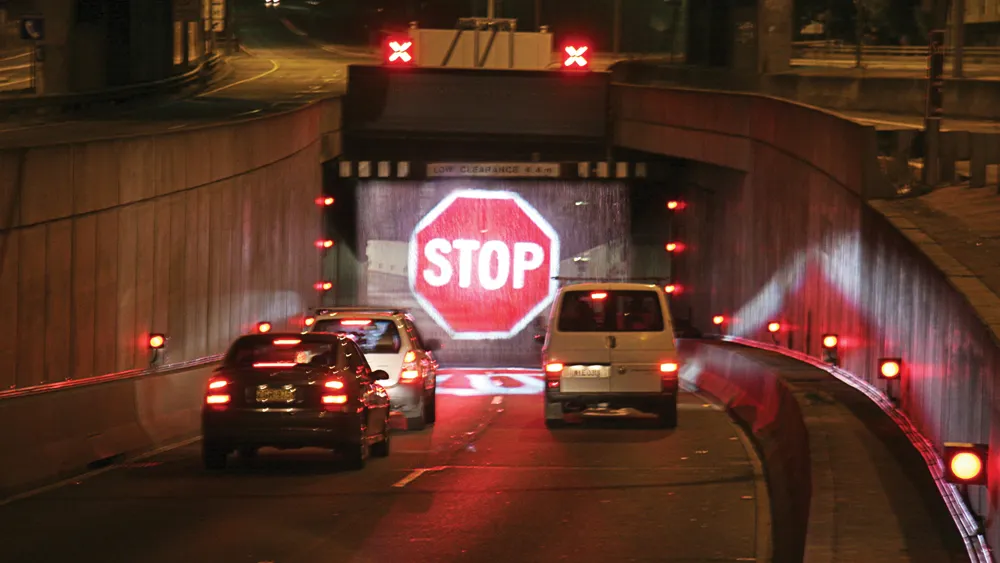A nine-month investigation by the US National Highway Traffic Safety Administration (NHTSA) into the fatal car crash involving a Tesla Model S in Florida last year has concluded that the car’s Autopilot system, which was in operation at the time, was not at fault.
The decision noted that Autopilot is a Level 2 self-driving system and, therefore, requires the driver to always monitor the system and be at the ready to intervene – a stipulation that the driver failed to perform, the administration says.
January 24, 2017
Read time: 2 mins
A nine-month investigation by the US National Highway Traffic Safety Administration (NHTSA) into the fatal car crash involving a 8534 Tesla Model S in Florida last year has concluded that the car’s Autopilot system, which was in operation at the time, was not at fault.
The decision noted that Autopilot is a Level 2 self-driving system and, therefore, requires the driver to always monitor the system and be at the ready to intervene – a stipulation that the driver failed to perform, the administration says.
“A safety-related defect trend has not been identified at this time and further examination of this issue does not appear to be warranted,” says the NHTSA in its report and the investigation is closed. However, it warns that the closing of the investigation does not constitute a finding by NHTSA that no safety-related defect exists. The agency will monitor the issue and reserves the right to take future action if circumstances warrant it.
Following this and other crashes in 2016, Tesla modified the Autopilot system, which it describes as semi-autonomous, to ensure drivers don't take their hands off the wheel for extended periods and reminding them of the need to remain aware of road conditions.
Tesla issued a statement following the investigation, saying, “At Tesla, the safety of our customers comes first, and we appreciate the thoroughness of NHTSA’s report and its conclusion.”
The decision noted that Autopilot is a Level 2 self-driving system and, therefore, requires the driver to always monitor the system and be at the ready to intervene – a stipulation that the driver failed to perform, the administration says.
“A safety-related defect trend has not been identified at this time and further examination of this issue does not appear to be warranted,” says the NHTSA in its report and the investigation is closed. However, it warns that the closing of the investigation does not constitute a finding by NHTSA that no safety-related defect exists. The agency will monitor the issue and reserves the right to take future action if circumstances warrant it.
Following this and other crashes in 2016, Tesla modified the Autopilot system, which it describes as semi-autonomous, to ensure drivers don't take their hands off the wheel for extended periods and reminding them of the need to remain aware of road conditions.
Tesla issued a statement following the investigation, saying, “At Tesla, the safety of our customers comes first, and we appreciate the thoroughness of NHTSA’s report and its conclusion.”









